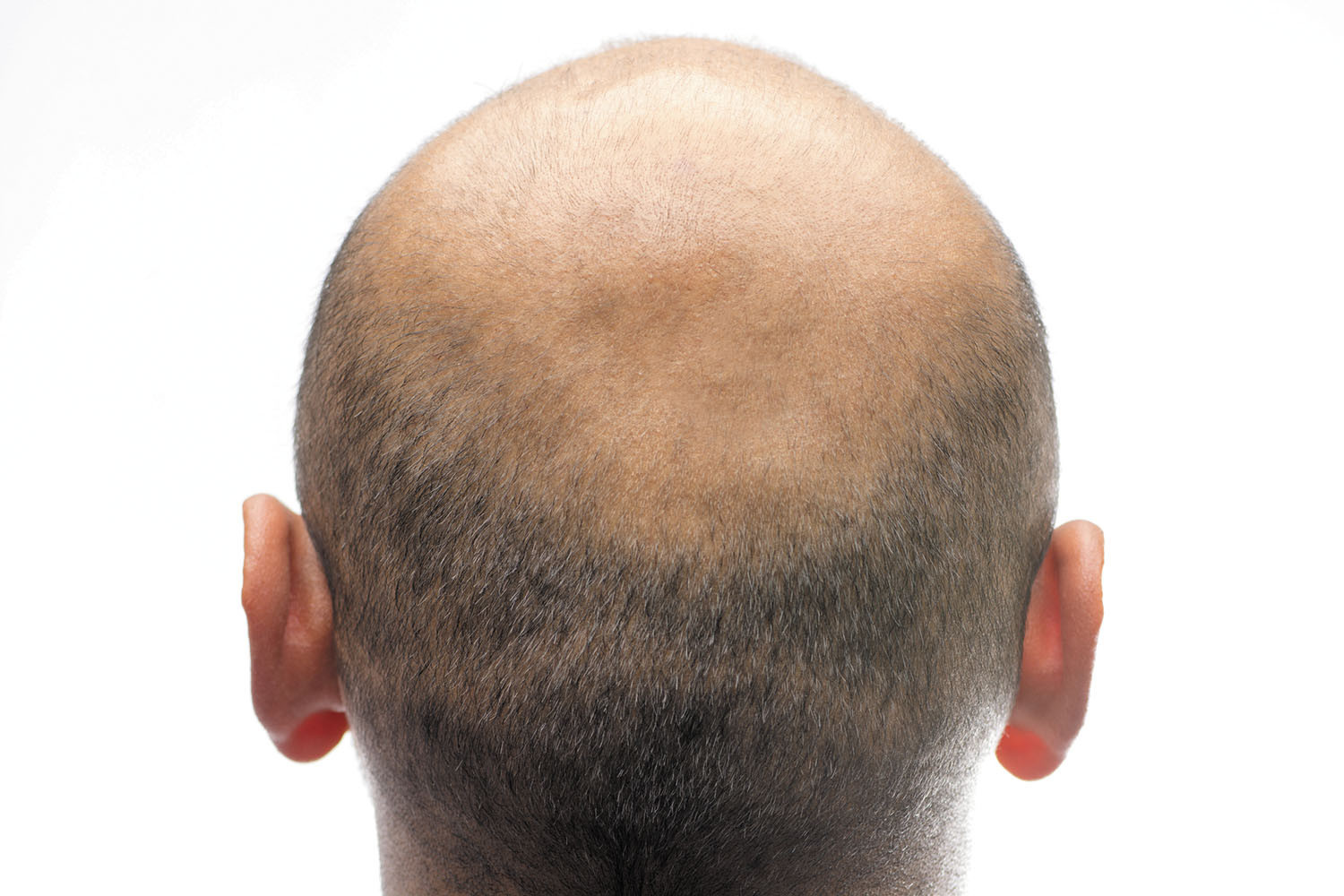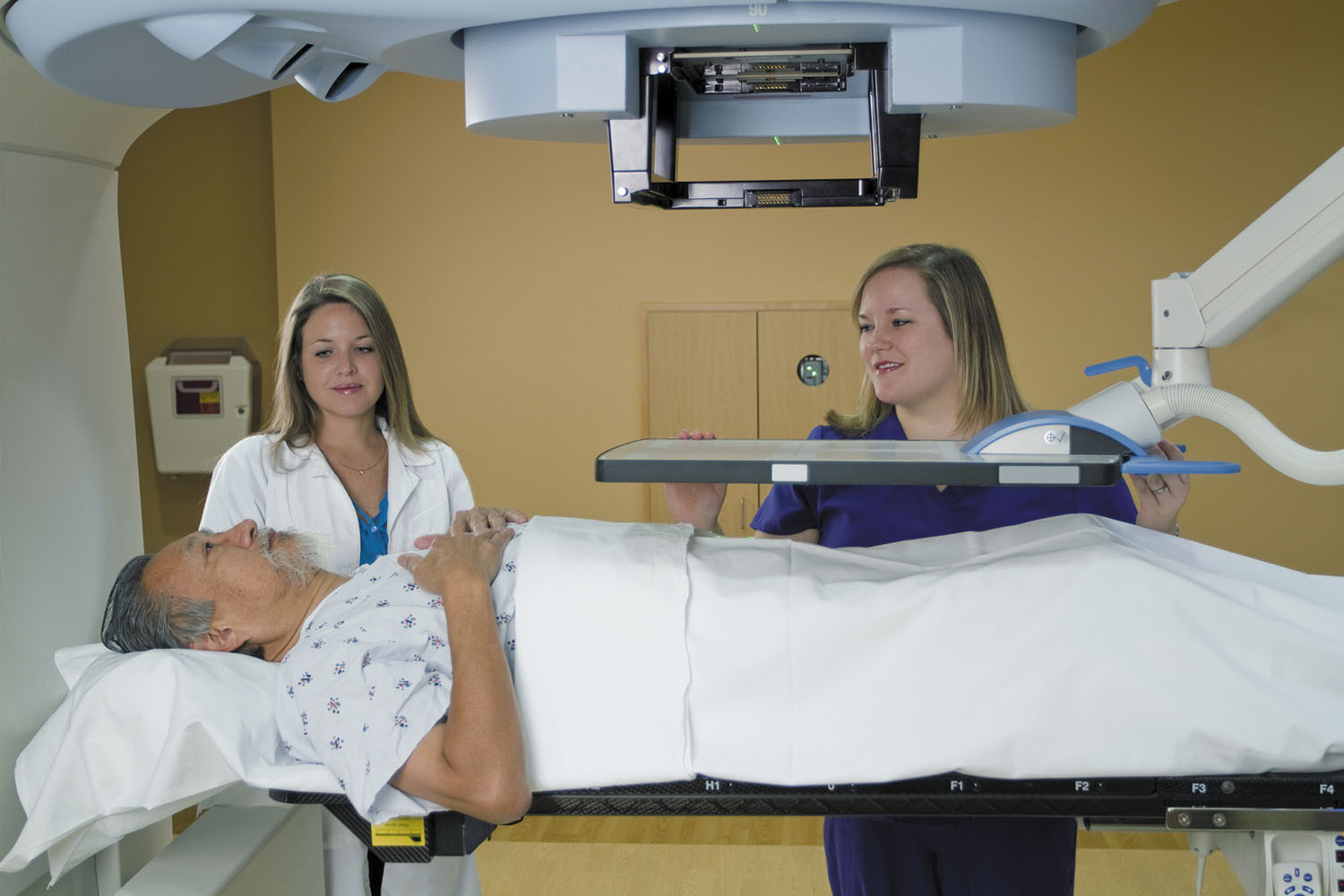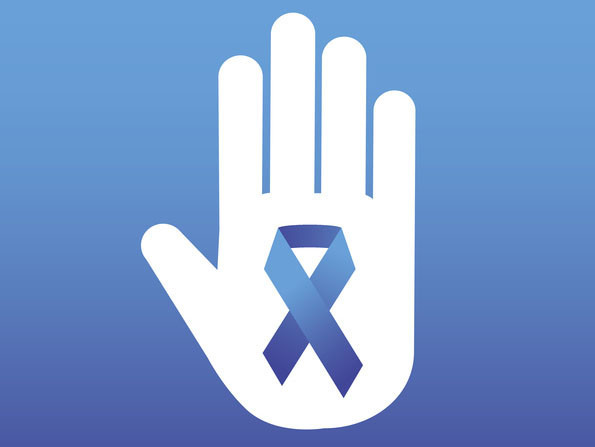
New thinking about plaque in arteries that feed the brain

Want to prevent shifting teeth? Maybe you need retainers

What you need to know about the new dietary guidelines

Food that’s healthier for people and planet can be cheaper, too

New evidence that polyphenol-rich foods help the heart

8 simple ways to reduce ultra-processed foods in your diet

How to curb your stress eating

How to spot Parkinson’s disease symptoms

Heart failure symptoms in women: How they’re different

GERD diet: Foods to avoid to reduce acid reflux
Men's Health Archive
Articles
Prostate cancer and your diet
Cardiovascular safety from prostate cancer drugs remains uncertain
Worldwide, over one million men are diagnosed with prostate cancer every year, and half will be given androgen deprivation therapy at some point. Whether certain types of this therapy are safer for the heart than others is an important question that is being studied, but the results from the first such trial were inconclusive and disappointing.
Should I worry about finasteride side effects even after stopping the drug?
Some men who took finasteride for urinary problems (Proscar) or balding (Propecia) have reported permanent sexual side effects such as low sex drive or ejaculation problems. It is not established for certain that the side effects are caused by the drug.
You don't say? Hair today, gone tomorrow
New ways to think about sex
Who needs hormone therapy for prostate cancer?
A different nonhormonal birth control option
Last year the FDA approved a hormone-free birth control option called Phexxi. It's a contraceptive gel that changes the pH of the vagina to help immobilize sperm, rather than a spermicide. How effective is it, what are the possible side effects, and which other available birth control options could you consider?
Level of health literacy affects treatment choice for slow-growing prostate cancer
A genetic test that provides an assessment of how aggressive a man's prostate cancer is and how likely it is to spread within his body. A new study has investigated for the first time how results of this test are impacting treatment decisions — with surprising results.

New thinking about plaque in arteries that feed the brain

Want to prevent shifting teeth? Maybe you need retainers

What you need to know about the new dietary guidelines

Food that’s healthier for people and planet can be cheaper, too

New evidence that polyphenol-rich foods help the heart

8 simple ways to reduce ultra-processed foods in your diet

How to curb your stress eating

How to spot Parkinson’s disease symptoms

Heart failure symptoms in women: How they’re different

GERD diet: Foods to avoid to reduce acid reflux
Free Healthbeat Signup
Get the latest in health news delivered to your inbox!
Sign Up











